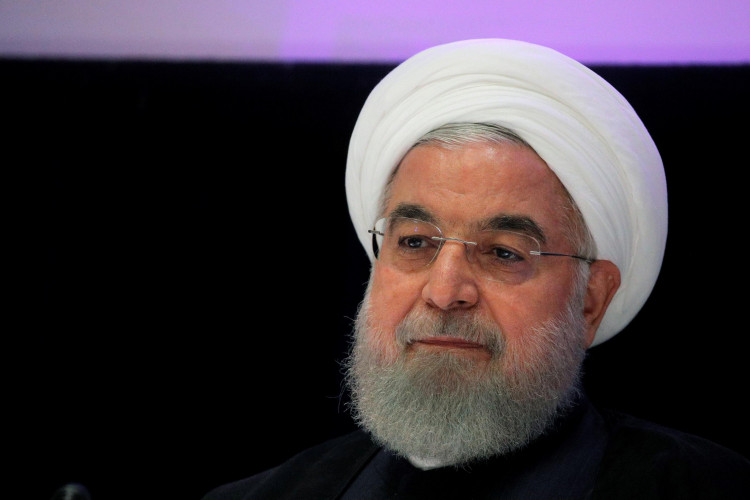Iranian authorities announced on Tuesday that their top court has given the death penalty for an Iranian man convicted of spying for the US Central Intelligence Agency.
Iran's government-run news agency alleged that the man had leaked out sensitive data of the Islamic Republic's nuclear program with the US intelligence office.
Tehran's court spokesperson Gholamhossein Esmaili said the convicted spy, Amir Rahimpour, would be executed "soon." However, Esmaili did not provide details as to the degree of crime that Rahimpour committed, nor his age or background.
Based on IRNA news report, Rahimpour was paid by the CIA in exchange for the information on Iran's nuclear program.
"Rahimpour, who spied for the Americans and received huge amounts of money by providing the CIA details of Iran's nuclear information, was tried and had been sentenced to death," Esmaili disclosed in a press conference in Tehran.
The sentencing marks the first Iranian death for spying on behalf of the US in almost 10 years, NPR's Peter Kenyon reports from Turkey.
Esmaili also stated that two other suspected persons who have been spying against Iran were each meted with 15-year prison terms: 10 years for espionage, and five years for crimes against national security. The two alleged spies were not identified, except to say they were engaged in "charity."
The Islamic Republic has in the past given the death sentence to alleged Israeli and American spies. Shahram Amiri, who defected to the US at the height of US efforts to foil Iran's nuclear program, was the last such spy to be meted the death penalty.
Amiri was hanged in August 2016, the same week that Iranian authorities handed the death sentence to a group of militants for crimes against the state.
Tehran's public disclosure of espionage is the latest response of the Islamic nation's ongoing tensions with Washington, which deepened after US President Donald Trump walked out of an international nuclear agreement and re-applied economic restrictions on Iran in 2018.
Tensions remain high between Washington and Tehran since Trump's abandonment of the nuclear deal. A US drone strike in January killed Iran's second most powerful figure, General Qassem Soleimani in a Baghdad airport, prompting Iranian President Hassan Rouhani to order a missile strike as retaliation against US military assets in Iraq.
Before the deal, a software virus believed to have been traced from the US and Israel wreaked havoc on Iranian centrifuge computer networks.





